Publications
Articles, publications, books, tools and multimedia features from the U.S. Institute of Peace provide the latest news, analysis, research findings, practitioner guides and reports, all related to the conflict zones and issues that are at the center of the Institute’s work to prevent and reduce violent conflict.
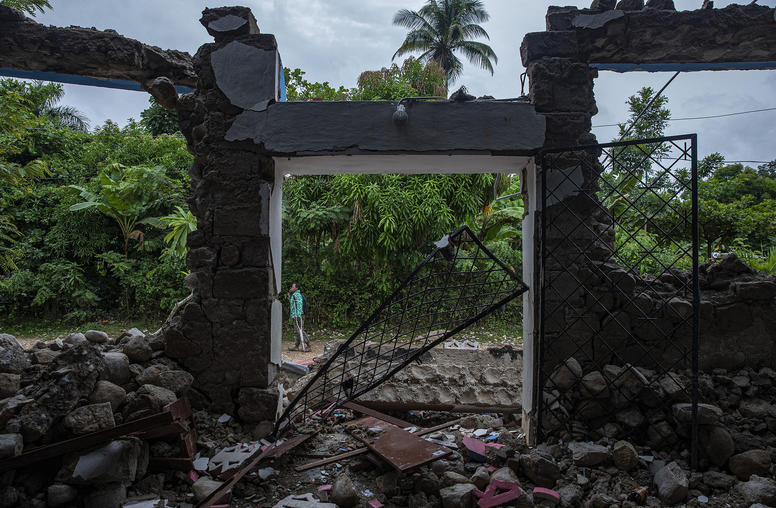
A Plan for Haiti’s Growing Fragility: U.N. Action That’s Equal to the Challenge
When throngs of Haitian migrants rushed the U.S. border recently, it was only the latest manifestation of a society battered by trauma. In just the previous two months, Haiti had seen the murky assassination of its president, devastating floods and an earthquake that killed thousands and wiped out nearly 140,000 homes. As fragile states go, Haiti is in a league all its own. To avoid a repetition of the scene at the border — or one that’s worse throughout the hemisphere — it is time to consider a long-term, robust U.N. mission that matches the scale of the challenge with the size and persistence of the international response.
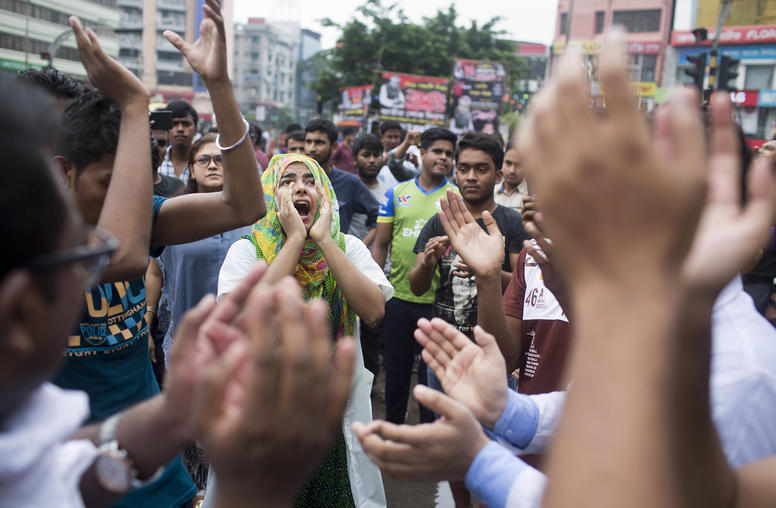
Precarity and Power: Reflections on Women and Youth in Nonviolent Action
Examples abound of women and youth on the front lines of recent nonviolent action campaigns—from Alaa Salah leading demonstrators in Sudan in 2019 to the thousands of young people marching against the coup in Myanmar in early 2021. Yet significant social, cultural, and economic barriers can prevent both women and youth from participating in nonviolent action. This report, based in part on firsthand reports from activists in seven diverse countries, sheds light on these barriers and makes concrete recommendations for maximizing the impact of women and youth in nonviolent action.
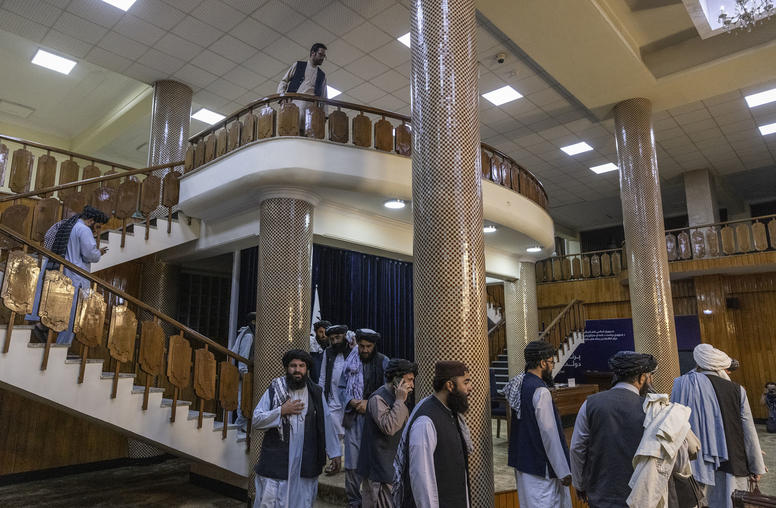
Taliban Seek Recognition, But Offer Few Concessions to International Concerns
Since taking power in August, the Taliban have repeatedly expressed the expectation that the international community will recognize their authority as the new government of Afghanistan and have taken several procedural steps to pursue recognition. But the group has done very little to demonstrate a willingness to meet the conditions put forward by Western powers and some regional states. USIP’s Andrew Watkins, Richard Olson, Asfandyar Mir and Kate Bateman assess the latest Taliban efforts to win international recognition, the position of Pakistan and other key regional players and options for U.S. policy to shape Taliban behavior and the engagement decisions of other international partners.
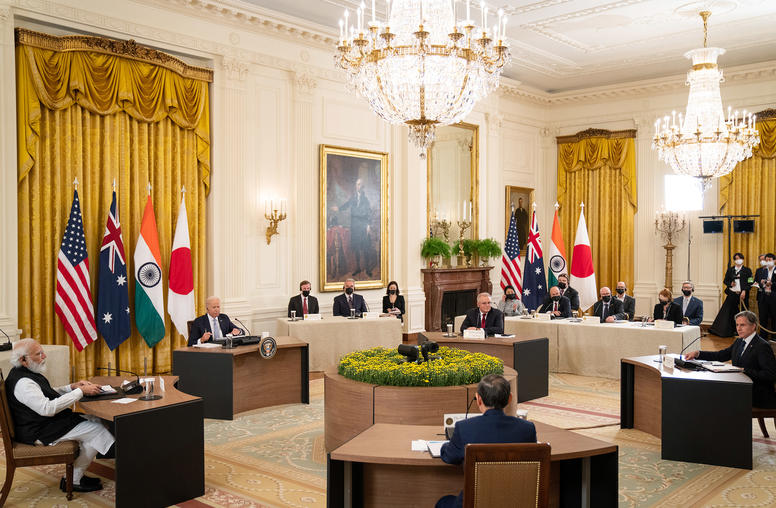
What the Quad Leaders’ Summit Means for the Indo-Pacific Amid Rising Tensions with China
On September 24, President Biden hosted Australian Prime Minister Scott Morrison, Indian Prime Minister Narendra Modi and Japanese Prime Minister Yoshihide Suga at the White House for the first-ever in-person Quad Leaders’ Summit. The event marked a milestone for the group, which started as an ad hoc coordination mechanism for humanitarian assistance and disaster relief after the 2004 Indian Ocean tsunami. The four leaders unveiled a slate of new initiatives on a range of pressing global issues — from climate change and COVID-19 to technology, infrastructure and education — as well as formalized plans to meet annually.
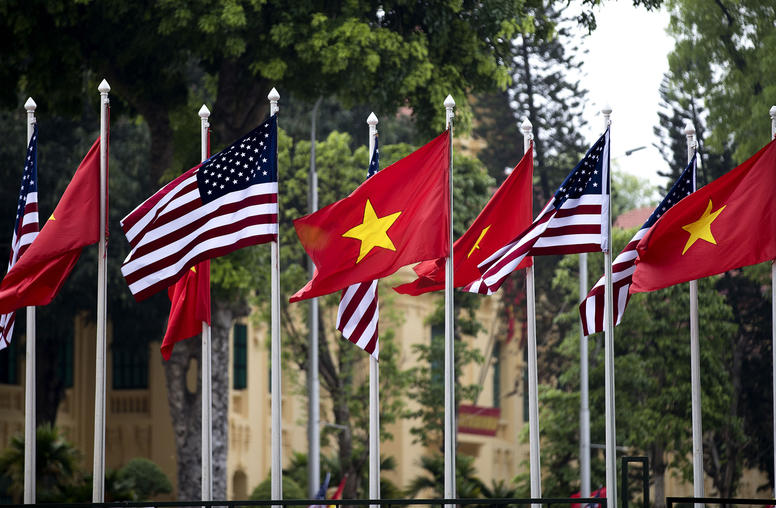
Are There Lessons from Vietnam for U.S. Reconciliation with the Taliban?
The Taliban’s rapid victory in Afghanistan evoked many comparisons to the collapse of the South Vietnamese regime and U.S. evacuation from Saigon in 1975. Ironically, during the same week in late August that the last U.S. forces were withdrawing from Kabul, U.S. Vice President Kamala Harris carried out a remarkably successful visit to Hanoi. U.S.-Vietnam relations have arguably never been better — a stark contrast to the scent of failure in Afghanistan.
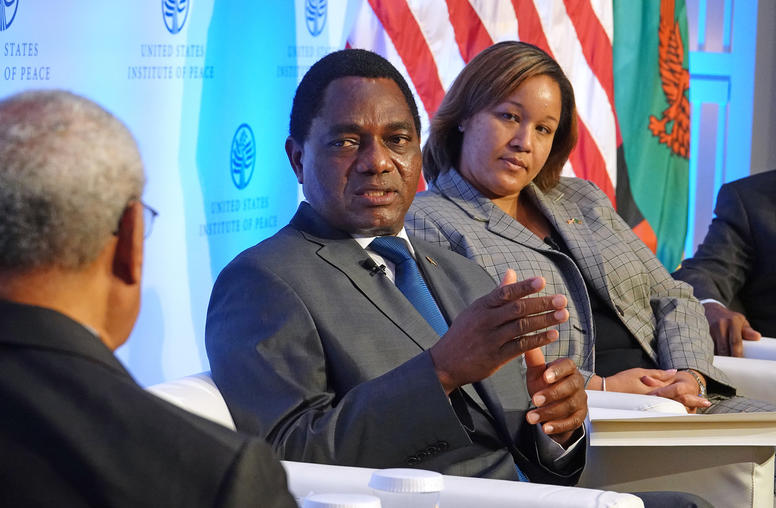
Zambia’s New Leadership and the Stakes for Africa
Weeks after his election to lead his southern African nation, Zambian President Hakainde Hichilema vowed to reverse his country’s recent erosion of democracy and good governance, and to stabilize an economy in recession—all despite the burdens of COVID, environmental shocks, and a dangerous “mountain” of debt accumulated in recent years.
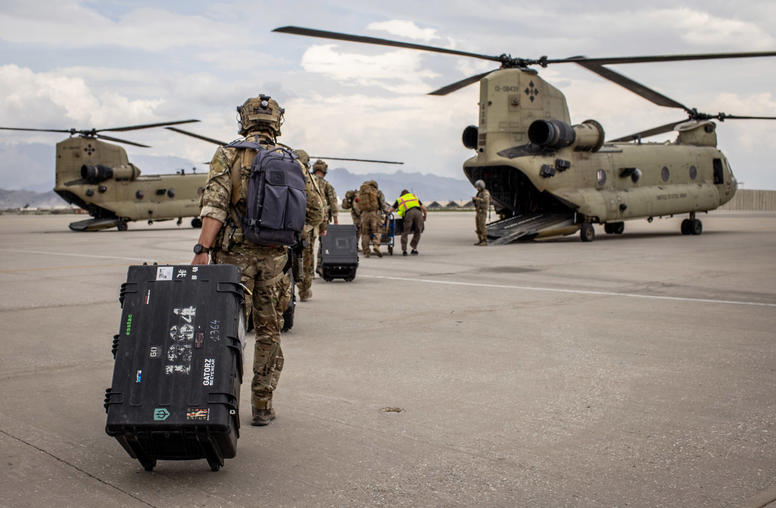
China and the U.S. Exit from Afghanistan: Not a Zero-Sum Outcome
It has become fashionable to characterize recent events in Afghanistan as a loss for the United States and a win for China. This zero-sum interpretation framed in the narrow context of U.S.-China relations is too simplistic and off the mark. The reality is far more complex and nuanced. The end of the U.S. military presence in Afghanistan and the collapse of that country’s pro-Western government do not automatically translate into significant Chinese gains, nor do they trigger a swift Beijing swoop to fill the vacuum in Kabul left by Washington.
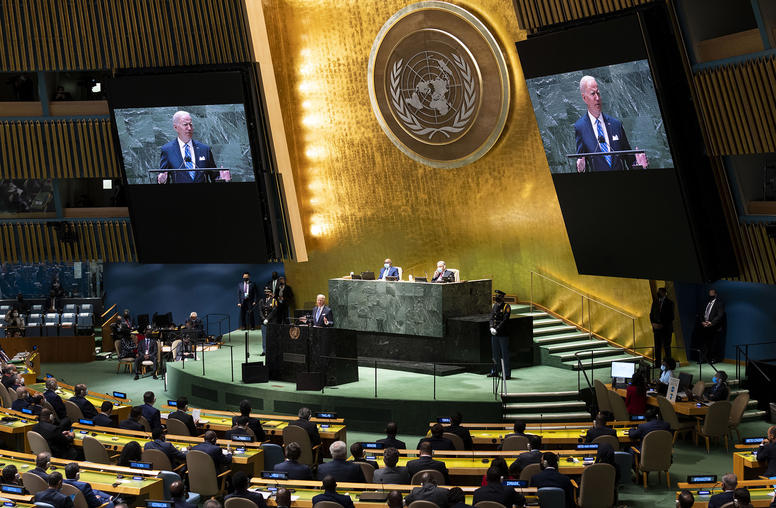
Prioritize Building Resilience at this Year’s U.N. General Assembly
World leaders are gathering in New York this week for the 2021 U.N. General Assembly against a backdrop of unprecedented global crises, including the continued spread of COVID-19 due to lack of access to vaccines; a growing hunger crisis as more people around the world die every day from starvation than from COVID-19; and the fact that roughly one percent of the world’s entire population — or one in every 97 people — is now forcibly displaced. These humanitarian challenges are compounded by a generational climate crisis and rising tensions with Russia and China that will need to be carefully managed.
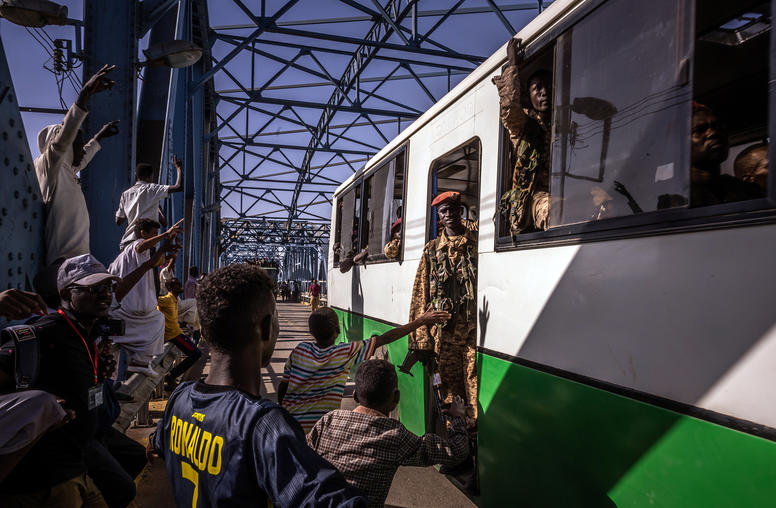
Reported Coup Attempt Complicates an Already-Tenuous Transition in Sudan
USIP’s Joseph Tucker examines who may have been behind the plot, their possible motives, how the failed coup affects the national conversation over the role of the military in Sudan and what can be done to shore-up the country’s democratic transition.
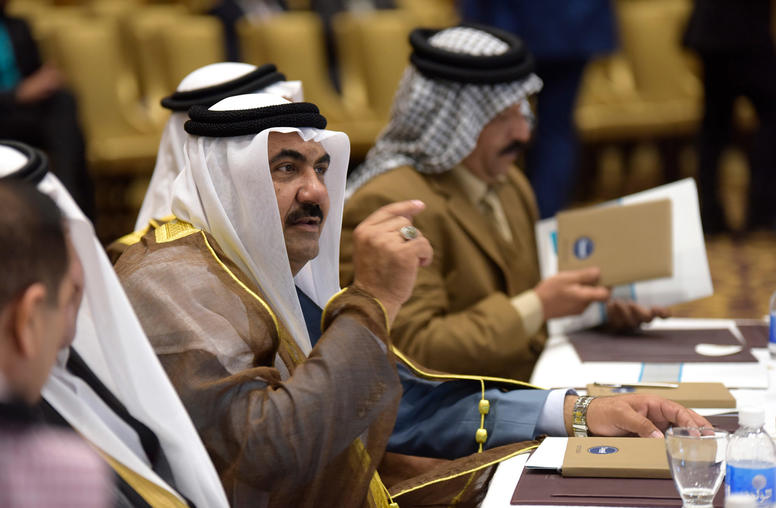
Nurturing and Sustaining Facilitator Networks: Key Considerations for Support Organizations
As more emphasis is placed on the role of national and local efforts in peacebuilding, support organizations may increasingly look for opportunities to bolster national and local facilitator networks. This report shares findings from a meta-review commissioned by the United States Institute of Peace that examined networks it supported in Afghanistan, Colombia, Iraq, Pakistan, and Tunisia. It provides recommendations for creating and sustaining networks that successfully operate with the resources and technical assistance available.